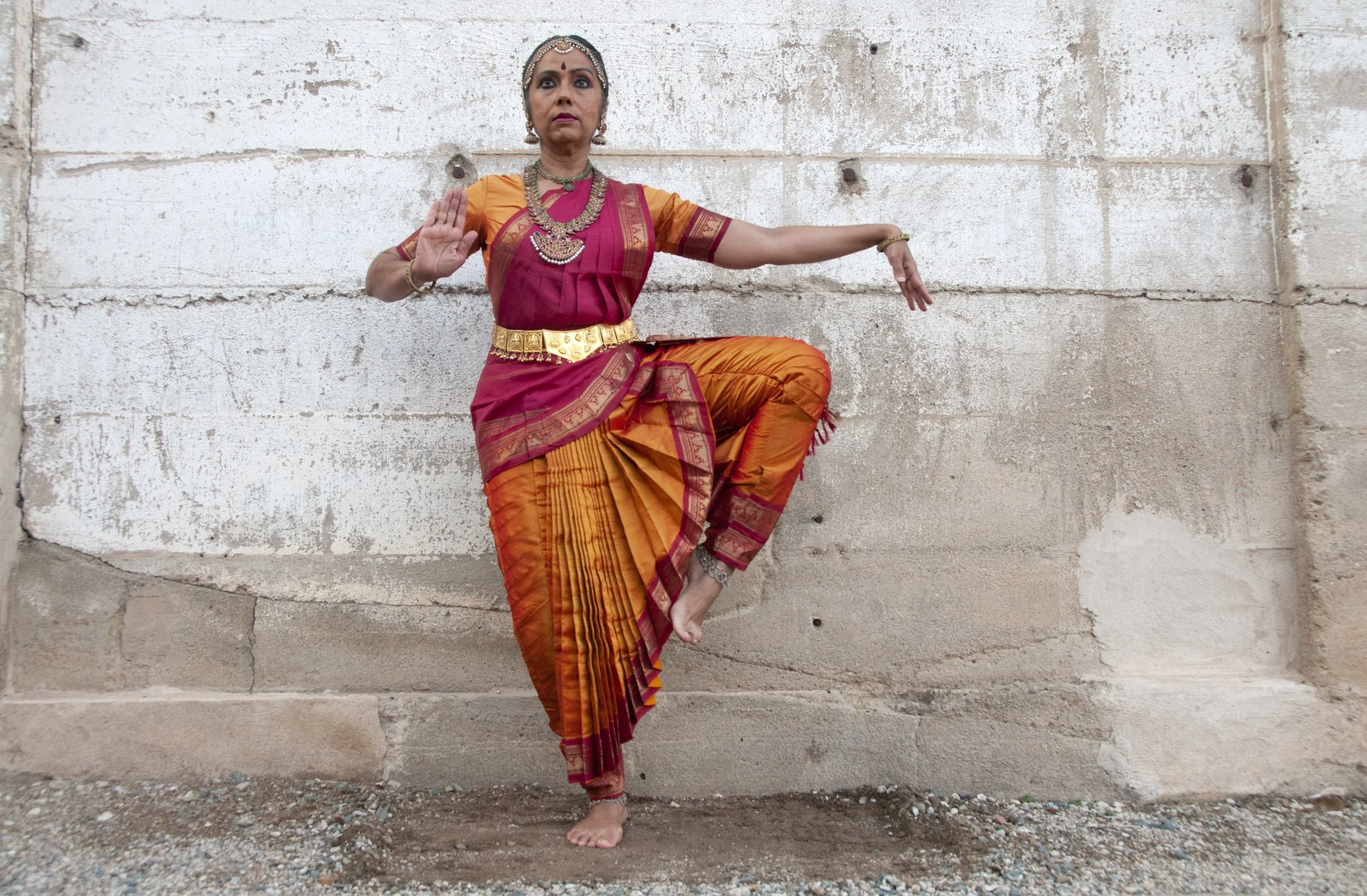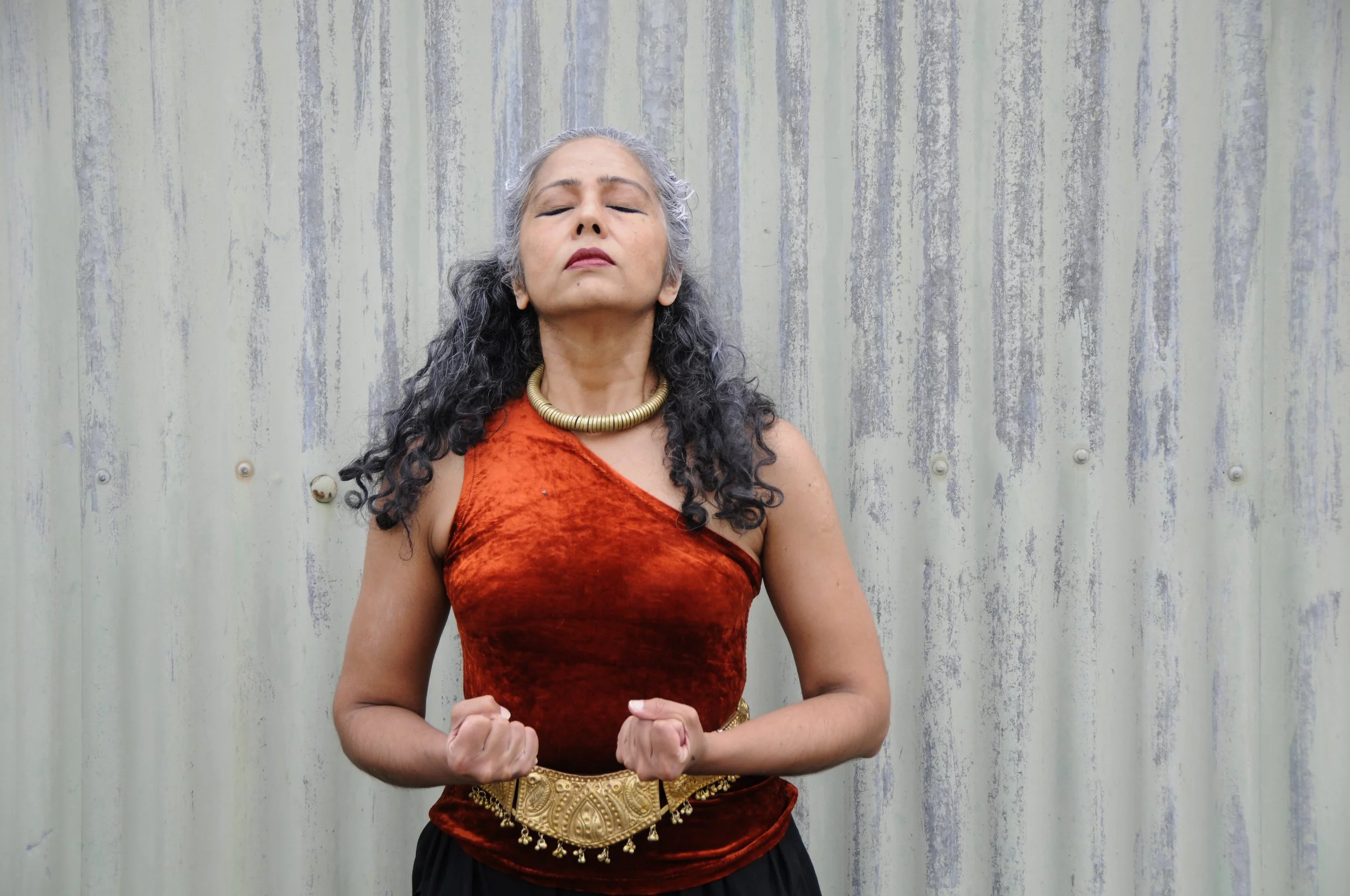Smoothness and Dance
Often people speak to me of how they yearn to be peaceful, still and undisturbed. And this is a need that requires to be addressed. Most spiritual paradigms propose this as the central objectives of their traditions. We do need times of quietude, stillness and rest to survive.
The problem is when these become the only lenses on spirituality. How do we navigate a complex, unstable, unpredictable, Reality when we only value smoothness and comfort?
Read More
Yearning frees us from Hubris
Yearning is the ancient antidote to hubris. The invitation to hold Yearning includes within it the assumption that there is no destination or resolution. We do not “achieve” what we yearn for.
Read More
Yearning is the taste of mystery
We speak of the essence of Reality as mystery. Yet, we spend a lot of energy trying to explain, control and unravel this mystery. Yearning is the intelligence of this mystery. It is the sensation of brevity, the anguish of wanting the certainty of permanency, the joy of the beauty we long for and the remembrance of this joy which comes from our ancient bodies.
Read More
Outcast Goddesses
In many ancient cultures, there are some Divine manifestations that are explicitly subversive in terms of how we narrate Reality. These deities may be harbingers of disease, decay, death or chaos. Often invoking them is to ward them off, to outcast them from the domains of our “happiness”. They are feared and shunned.
Read More
Yearning is the ache of our inner desire
In Indian tradition it is said that we manifest as embodied lives to fulfill an ancient yearning. Our bodies and the circumstances of our lives are designed to allow the unfolding of this yearning. Of course, this very narrative has been used to privilege some people above others—all narratives are razor’s edge spaces which can either serve self-interests, or service the harmony of the whole.
Read More
The Sacredness of Yearning
Yearning is the holding of desire, longing and seeking, in an expression of eternal incompleteness. This is a radical proposition amidst the popular celebration of spirituality as “completeness”. Yearning is the movement of a sensation that, when we allow it to emerge, is primeval. It makes no “sense” to speak of this in words, and complete sense when we experience and move this sensation.
Read More
"Performance" and ritual
“Performance” underpins the approach to action in the world in our times. We have to perform at work, as parents, offspring, consumers, citizens, partners and in the myriad other roles we are required to do in our daily lives. In each domain we are assessed, either formally or informally. For example in workplaces our “performance” is assessed against criteria in formal ways whereas as parents we are assessed against implicit and explicit expectations at cultural and societal levels.
Read More
Razor’s edge, catharsis and Rasa
On the surface this appears to be a good thing-surely when we find something we like it is okay to keep doing it! The consideration when we are in Rasa philosophy and practice is that we are invited to take care that it does not become a cathartic process. This is why artistic practice as spiritual inquiry was referred to as a razor’s edge path. All of its attributes like pleasure, creativity and sensuality can either bring us to an expansive unity with Consciousness or keep us ever more strongly in our personal narratives.
Read More
The importance of body as the site of ritual invocation
In our times, the connection to place is challenged every day. We are offered “virtual” spaces as reality, which remove us from material body and place into an immaterial experience. Every event in such realities is information-generated and imposed on our sensorial bodies. Place becomes “virtual” and we float in this ether, untethered to our immediate material sites—our bodies, our home and the tree in our “village”. In such an untethered space, ritual in its fullness of body-led invocation is impossible. And so we atrophy into disconnected and individual experiences.
Read More
Kshetra: Invoking the temple of the Body
Looking to transform the external is often like changing the cast of the same play—it may transform things marginally but the script is the same old script. The Kshetra invocation of the body is an invitation to turn our offerings towards our consciousness and its divinity. In the very act of this invocation there is radical transformation within and without.
Read More










